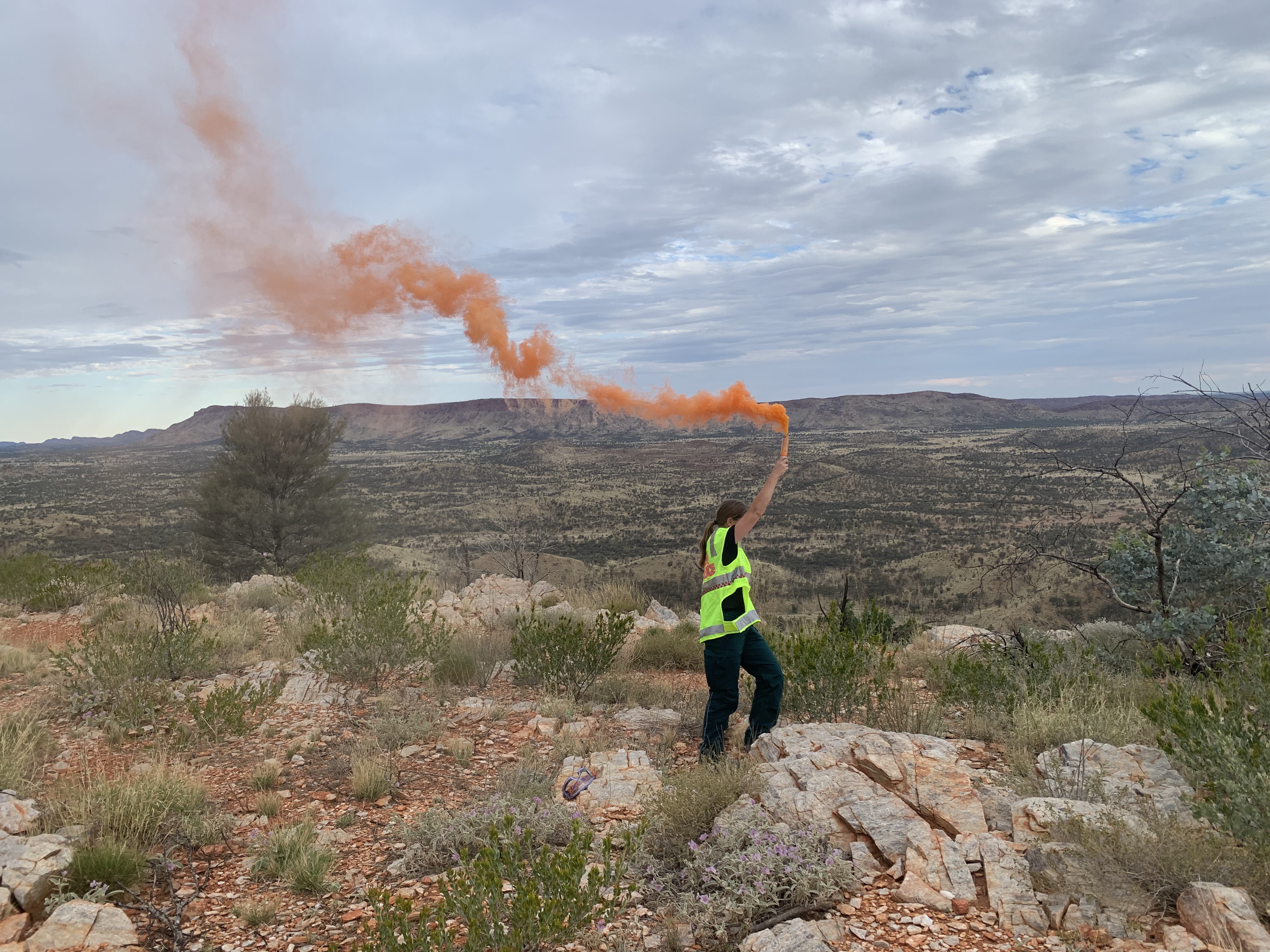ST JOHN NT
NEWSROOM
Stay up-to-date with what’s happening around our organisation, and drop us a line if you want to contribute!
For all media enquiries please contact media@stjohnnt.asn.au

Stay up-to-date with what’s happening around our organisation, and drop us a line if you want to contribute!
For all media enquiries please contact media@stjohnnt.asn.au


When one of the most popular and challenging hiking trails in Australia is in your own back yard, it makes sense that those responsible for emergency medical treatment are suitably skilled to deal with the rough terrain and health and safety risks.
St John NT paramedics identified that with its rising popularity the Larapinta Trail in Central Australia presented as the perfect location to test their team’s skills in remote area access.
The Larapinta trail covers 231 kilometres along the West McDonnell Ranges and runs from Mt Sonder through to Alice Springs. The terrain is rough, remote, very steep, subject to harsh weather conditions with little vehicle access and is ranked as a moderate to difficult (Grade 4 or Grade 5) hiking trail. This means that walkers should have a moderate to high level of fitness, should have bushwalking skills or be highly experienced with excellent navigation skills.
St John NT paramedics routinely attend incidents in remote areas that have difficult access. This raises a number of health and safety risks for both the patients and paramedics responding including the impact of prolonged hiking, carrying equipment over difficult terrain and exposure to the elements.
With the assistance of a Northern Territory Community Benefit Fund Grant, St John NT developed the Remote Area Access Training (RAAT) program to deliver the standard of care needed when attending cases in remote areas and ensure the safety of all involved.
The RAAT program would provide participants with the following:
In addition to the hands on skills, the RAAT program also enabled participants to increase their local knowledge on the Larapinta Trail and learn basic survival skills so that they could make informed choices when planning remote area rescue cases, preparing them for the most likely situations they would face and equip them with pre-planning and risk mitigation tools.
The greatest outcome of the RAAT program was ensuring that the patient receives the best care possible and the success of all remote area rescue operations is achieved through sharing of resources, skills and personnel.
Copyright © All rights reserved | St John Ambulance Australia (NT) Inc.